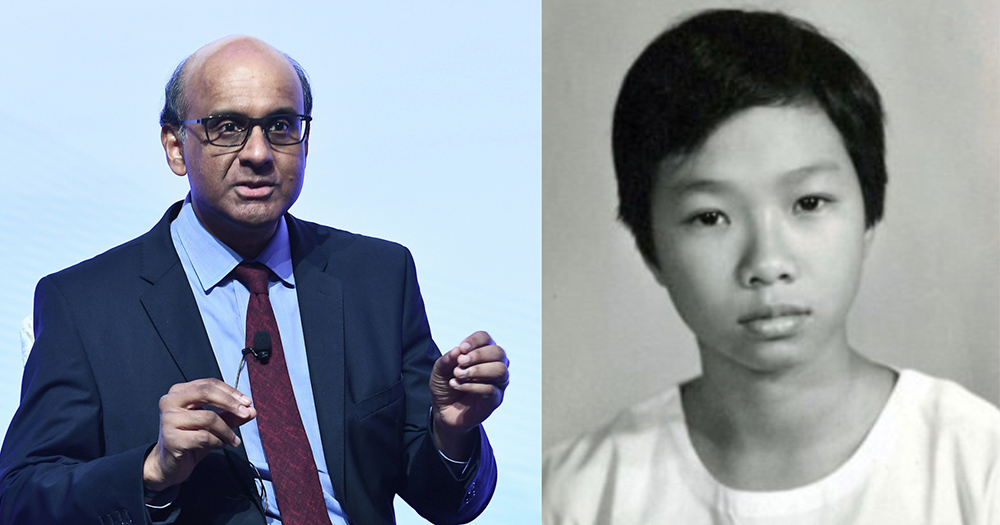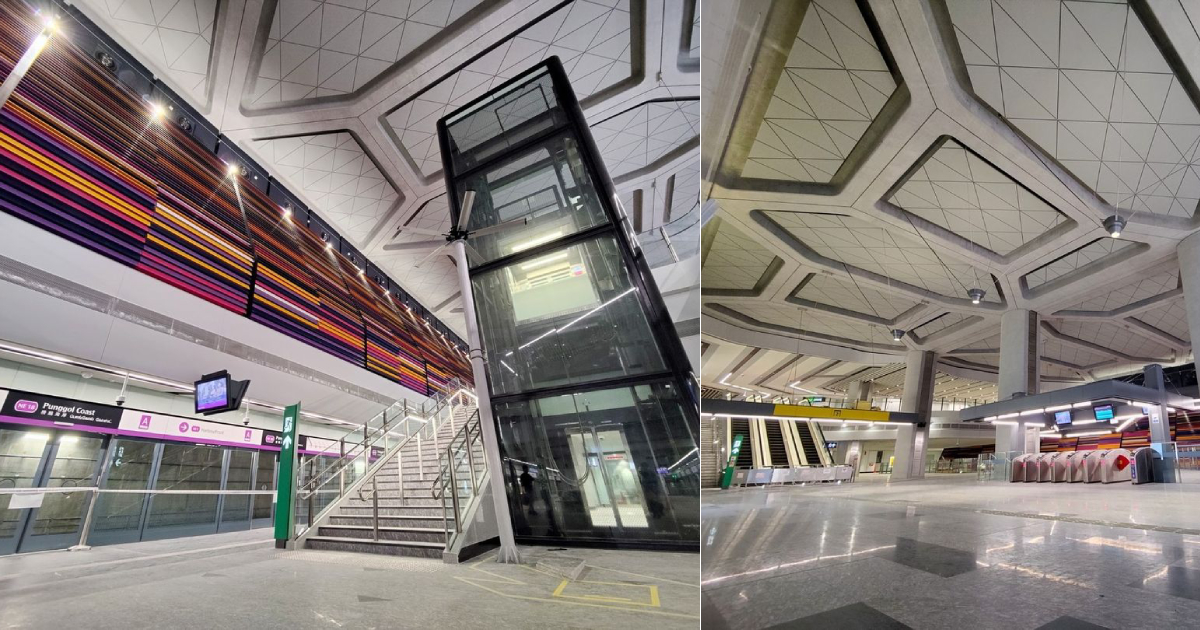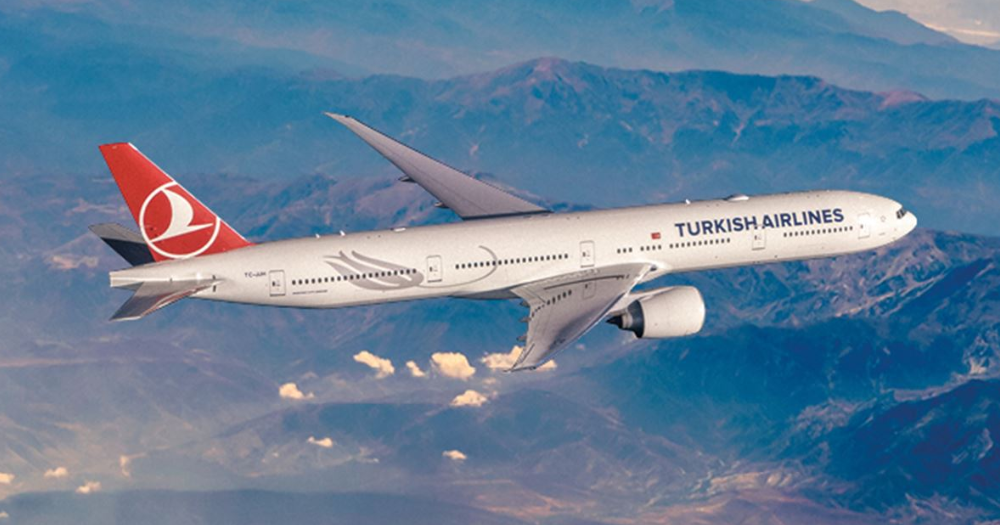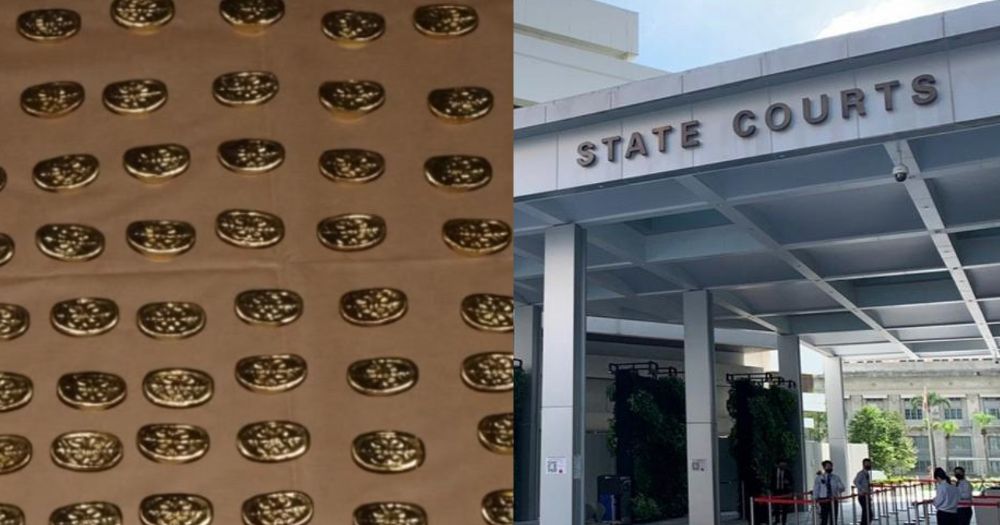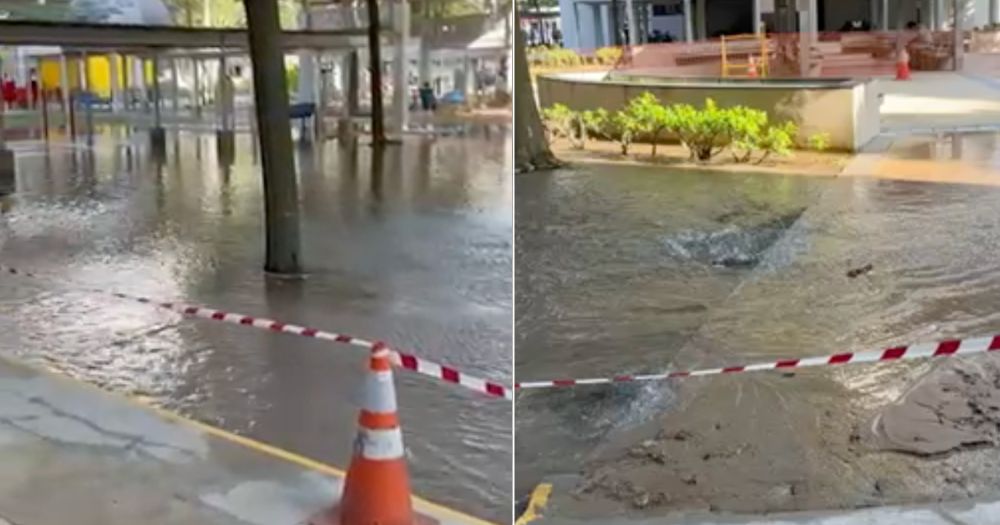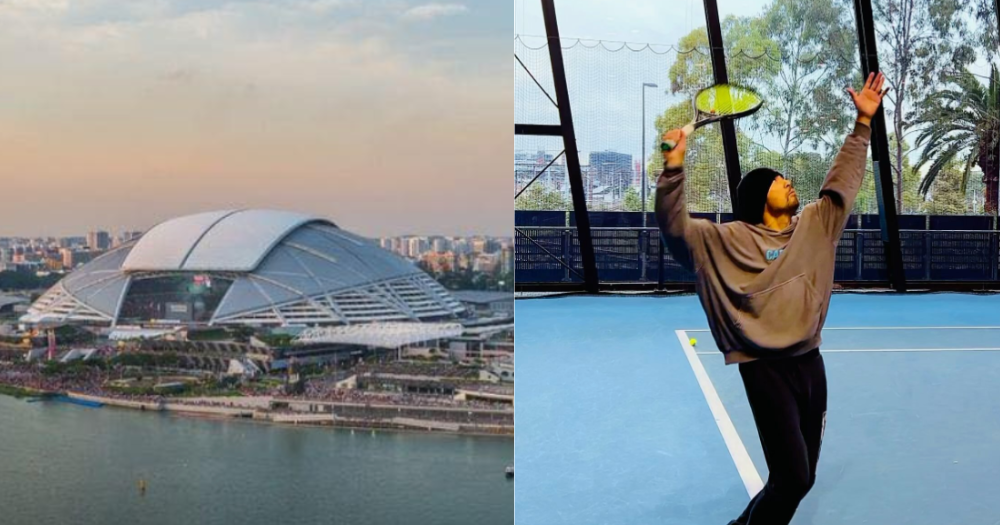Hezbollah's exchange of missile strikes with Israel could result in an even more unstable Middle East
Hezbollah, once seen as an Iranian proxy, has become "an almost equal partner".

In the several months since the Hamas terror attacks of Oct. 7, 2023, and Israel's subsequent brutal attacks in Gaza, resulting in massive civilian casualties, the conflict in the Middle East is far from winding down with many fearing it will escalate into the next phase.
The next (possible) war
The past months have seen Israel carrying out a series of assassinations, such as Hamas leader Ismail Haniyeh in Iran, and senior Hezbollah leader Fuad Shukr in southern Lebanon.
This has resulted in threats of escalation and retaliation against Israel from Iran, Hezbollah, and Hamas, which will only add to the volatility and violence in the Middle East.
On Aug. 25, 2024, things appeared to be coming to a head when Israel conducted air strikes on what it said were Hezbollah rocket positions in Southern Lebanon, pre-empting Hezbollah rocket and drone attacks less than an hour later, according to the BBC.
But what is Hezbollah, what is their connection to Iran, their relationship with Israel, and how might they be involved in a future conflict with Israel?
What is Hezbollah?
Hezbollah is a paramilitary and political organisation from Lebanon.
According to AP News, the group was founded in 1982, during the chaotic period of the Lebanon civil war.
Hezbollah was formed to counter Israel’s interventions in Lebanon during the civil war, when Israel had attempted to invade parts of its neighbour to expel Palestinian guerrilla fighters who used the area as a base to attack Israel, according to the Council on Foreign Relations.
The organisation is mainly drawn from the Shia Muslim communities of Lebanon, and was formed with heavy backing from the similarly Shia-majority country of Iran, who provided funding, weapons, and training to the organisation.
Hezbollah's 1985 constitution explicitly rejects recognising Israel and also called for the formation of an Islamic state in Lebanon.
However, in the decades since it successfully limited Israel's efforts in Lebanon, it has transitioned to become a more pragmatic political force, at least within the borders of Lebanon.
It has dropped its sectarian political messaging and has instead begun appealing to Lebanon’s national interest, saying that “consensual democracy” was the key to the country’s future.
Since the 1990s, it has taken part in Lebanon’s political process, with members in Lebanon's parliament and serving as ministers in the government.
Iranian links
However, the group has not shed its close relationship with Iran.
Hezbollah, as previously mentioned, was formed with Iranian funding and with Iranian military training.
Iran is also suspected as the source of Hezbollah’s weaponry, including the rockets that Hezbollah has regularly fired at targets in Israel.
Iran’s and Hezbollah’s leaders have been known to be very close, and are regularly seen in each other’s company.
Jeffery Feltman, a former United States diplomat speaking to the Brookings Institution, has said that Hezbollah is no longer a mere proxy of Iran, and has been able to raise itself to an “almost equal partner”.
It is through this relationship that Hezbollah has aligned itself with another opponent of Israel, Hamas, as part of a loose, Iranian-backed, partnership against Israel in specific, and the West in general.
Prior to the Oct. 7, 2023 Hamas attacks, tensions between Hezbollah and Israel were not low, but neither did they spill over into open, direct conflict.
In 2018, Israel launched a military operation to destroy tunnels supposedly dug by Hezbollah that ran between Lebanon and Israel, although Israel said it would remain on its side of the border.
However, after the open fighting between Hamas and Israel in Oct. 2023, Hezbollah launched attacks across the border, supposedly in a bid to tie up Israel military resources that would have been used in Gaza.
The Gaza conflict may yet lead to the opening of a "second front" at Israel's northern border with Lebanon.
Israel
But a conflict between Hezbollah and Israel is a different prospect to what is occurring with Hamas.
Hamas is physically isolated, which limits its ability to successfully smuggle weapons and rockets into Gaza.
Hezbollah does not have the same limitations, with weaponry able to enter via Syria, whose governing regime it aided in battle during its civil war in the 2010s.
In addition, Hezbollah has been relatively successful in military action against Israel, driving Israel out of Lebanon, albeit over many years in the 1980s and 1990s; and fighting them to a standstill over the course of a month in 2006, after Hezbollah captured several Israeli personnel.
The conflict between Israel and Hezbollah has simmered ever since 2006, with occasional exchanges of rockets and artillery, but nothing compared to the scale of the exchanges in the months since Oct. 7.
Hezbollah is described as a paramilitary organisation, but groups such as the Council for Foreign Relations have described its armed wing as more akin to a professional army, numbering in the tens of thousands.
In addition, its recent participation in Syria’s civil war means that they have a significant amount of combat experience.
Escalation
The Israel-Hamas war has already seen numerous regional and global fallouts, the most notable of which has been the threat to shipping in the Gulf of Aden.
Iranian-linked Yemeni forces known as the Houthis have threatened the shipping vessels of Israel and those it considers Israel-aligned, causing the cost of shipping to increase significantly.
This is just one of the ways such a conflict could impact Singapore, and Singapore, via the Ministry of Foreign Affairs, is one of several countries calling for de-escalation to avoid a "wider regional conflagration".
In April, in response to another Israeli assassination, Iran launched hundreds of missiles and drones against Israel.
Iran has indicated that it intends to retaliate for the recent assassinations.
Already airlines including Singapore’s SIA have sought to avoid the area, worried about the potential danger to its flights.
Countries in the region, such as Jordan, have been working diplomatically to avoid further escalation.
Detente... ?
On Aug. 25, 2024, Hezbollah and Israel traded military strikes.
Israel struck first, with air strikes hitting what it said were thousands of rocket launchers.
Less than an hour later, Hezbollah began launching rockets and drones at Israeli targets, which the BBC reports Israel's military as saying most missed their targets.
However, it appears that Hezbollah also did not attack major cities or critical infrastructure, an act which the BBC termed "not bringing out its big guns".
A moment of calm appears to be following the exchange of fire, with both sides having made their points for now.
The BBC quoted the head of Hezbollah, Hassan Nasrallah, as saying that the group "reserved the right to continue the response at a later point", but that for the moment "people can be at ease".
Israel's President Benjamin Netanyahu said that the airstrikes on Sunday were not the end, but diplomats have told Reuters that neither side wanted further escalation.
So for the moment, the potential war in the north of Israel abates, but with no clear end to the conflict in Gaza.
Top image via Wikimedia Commons.
MORE STORIES








